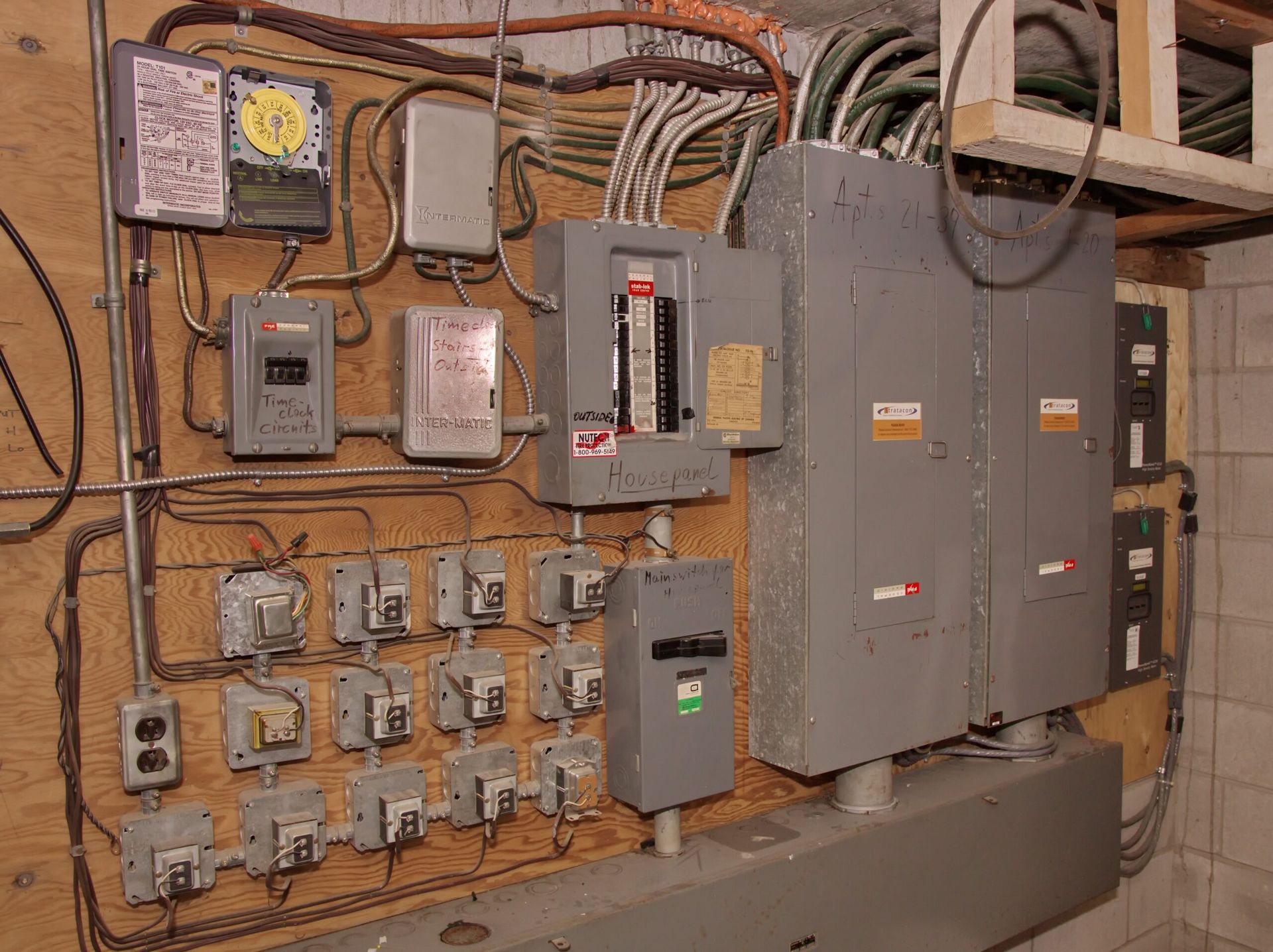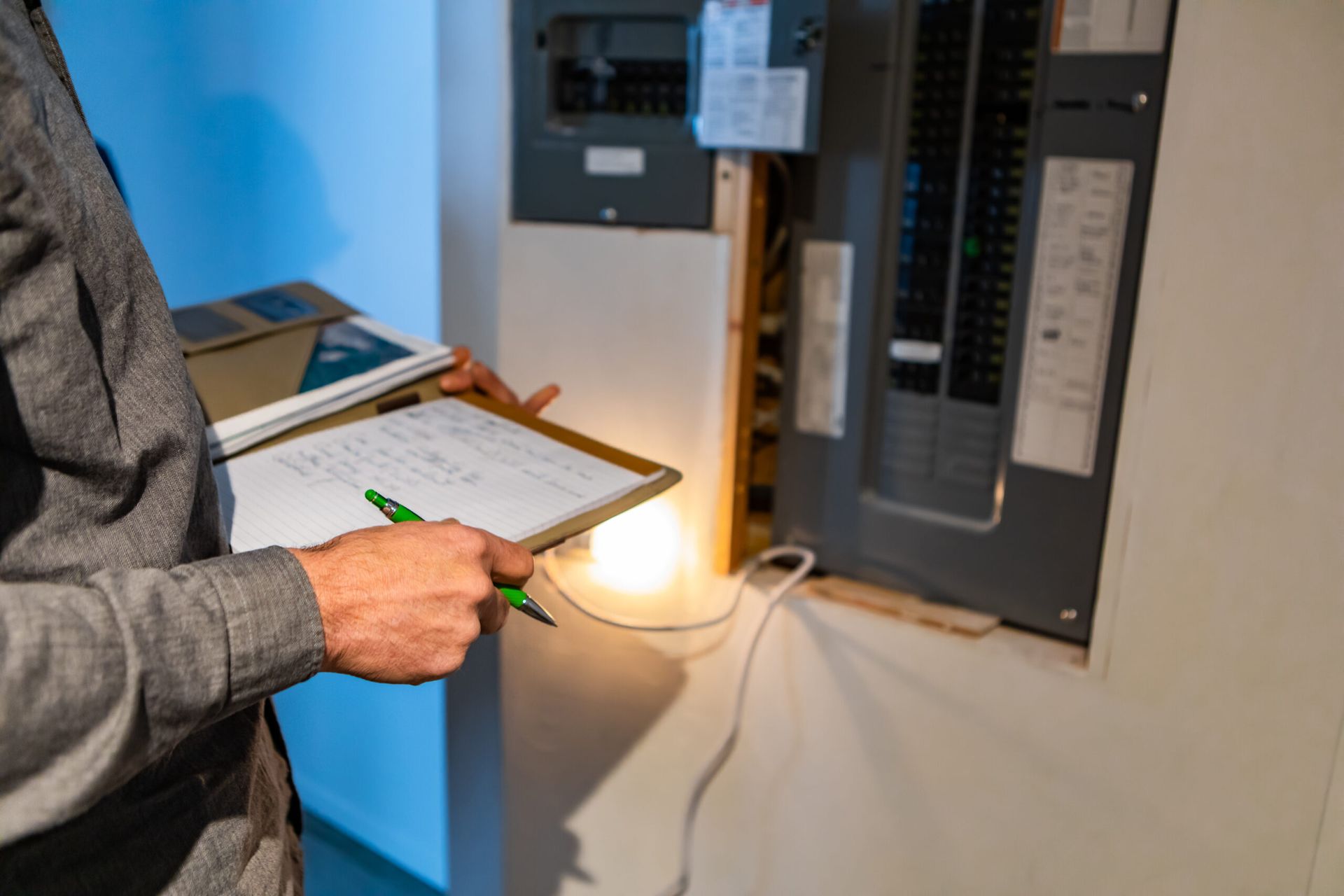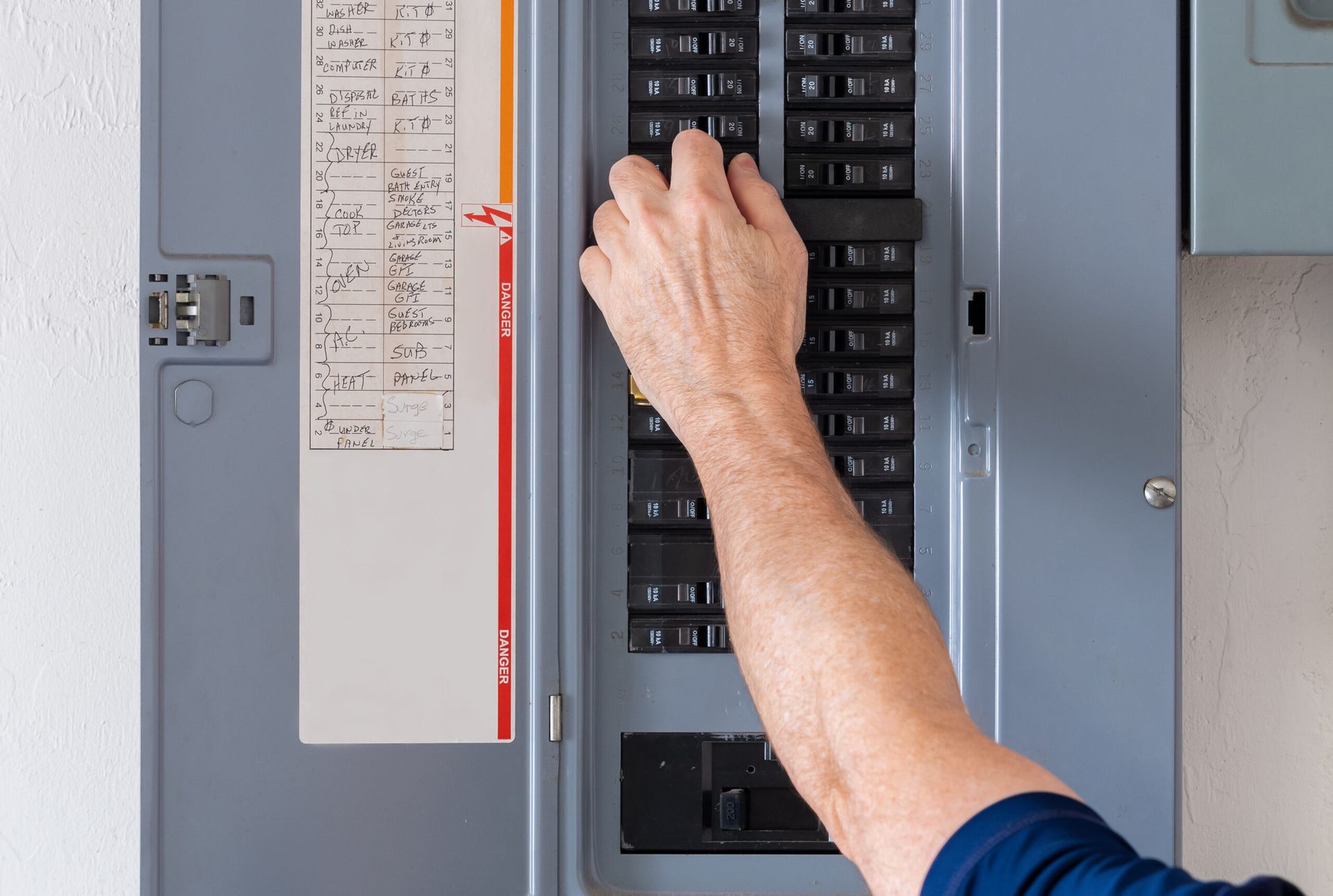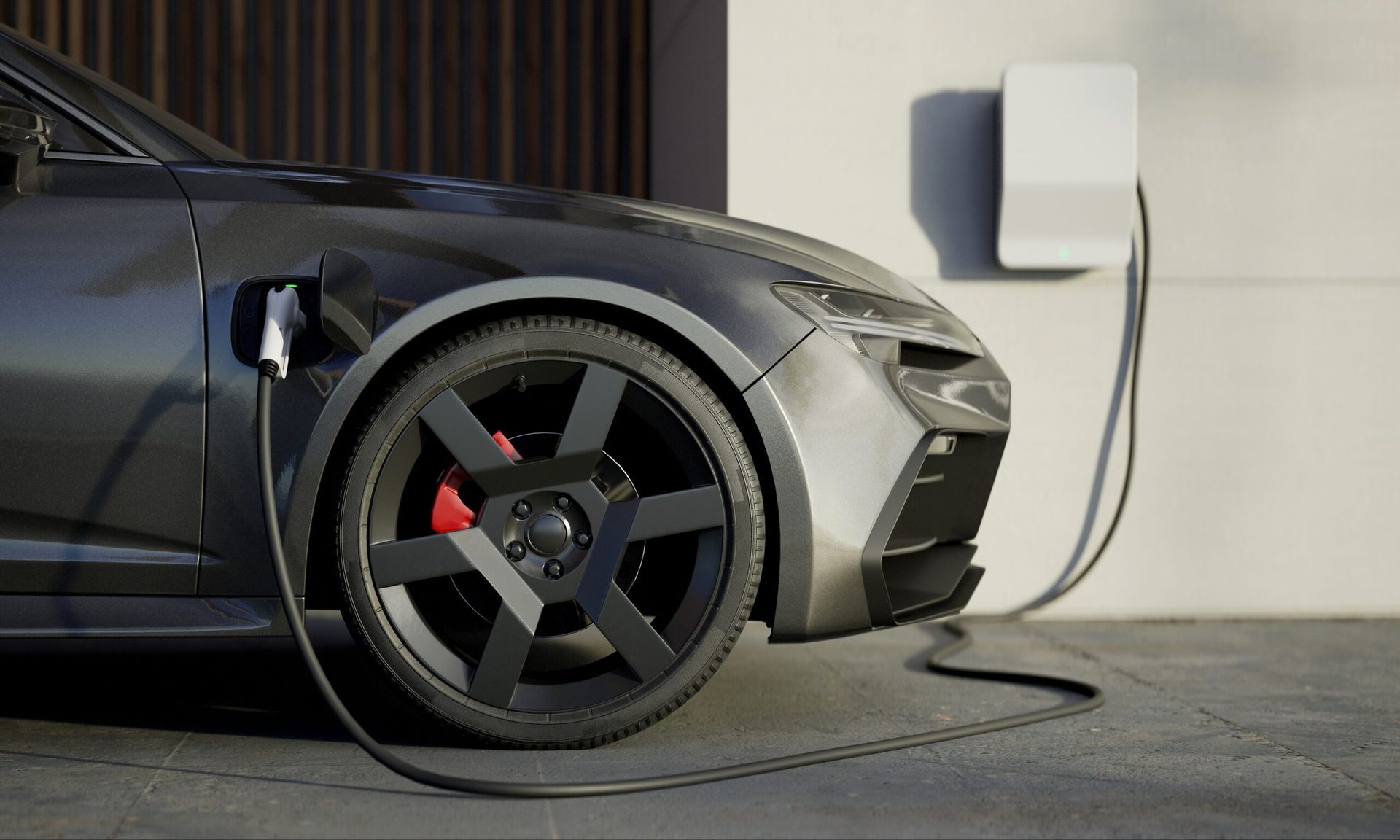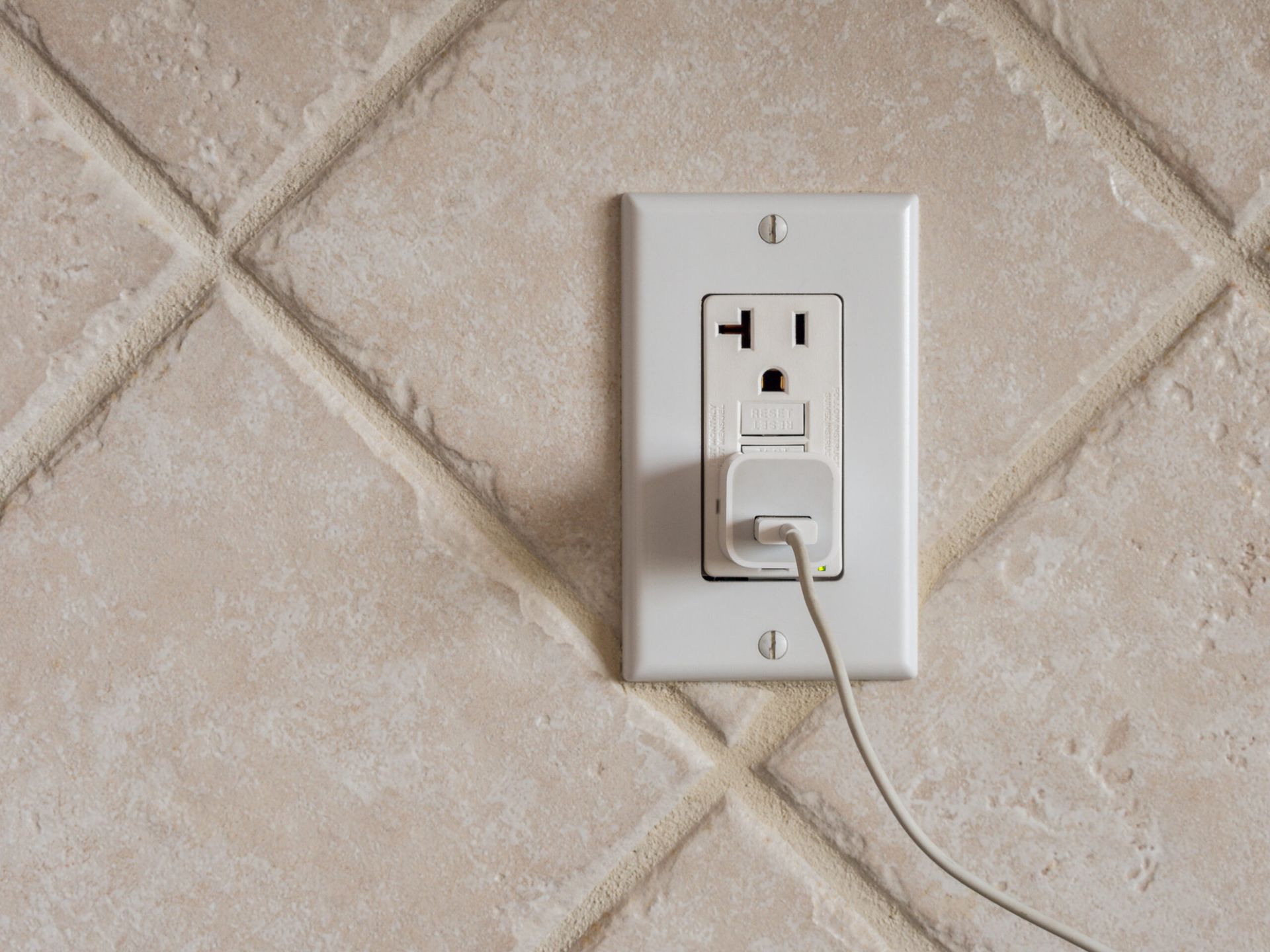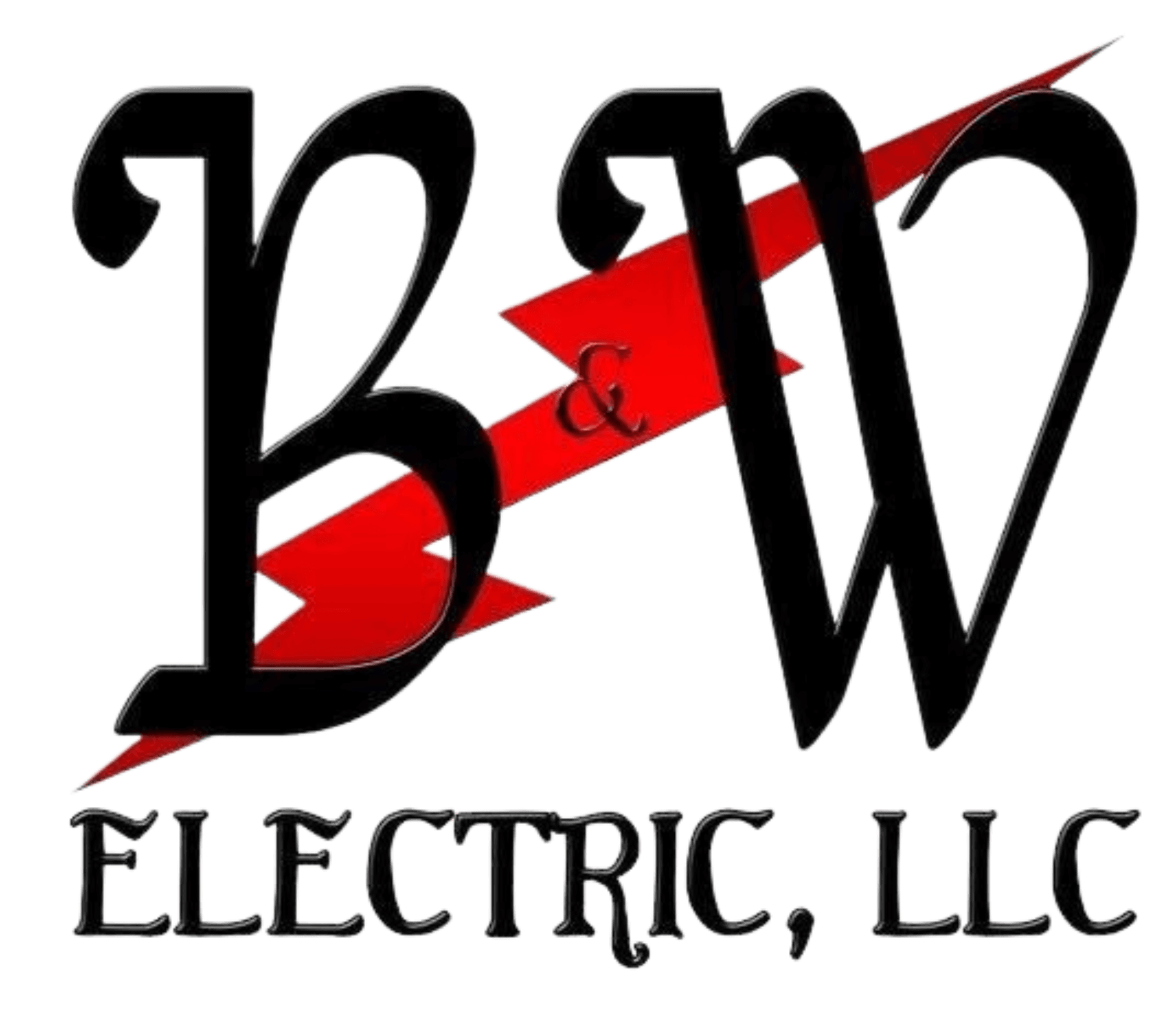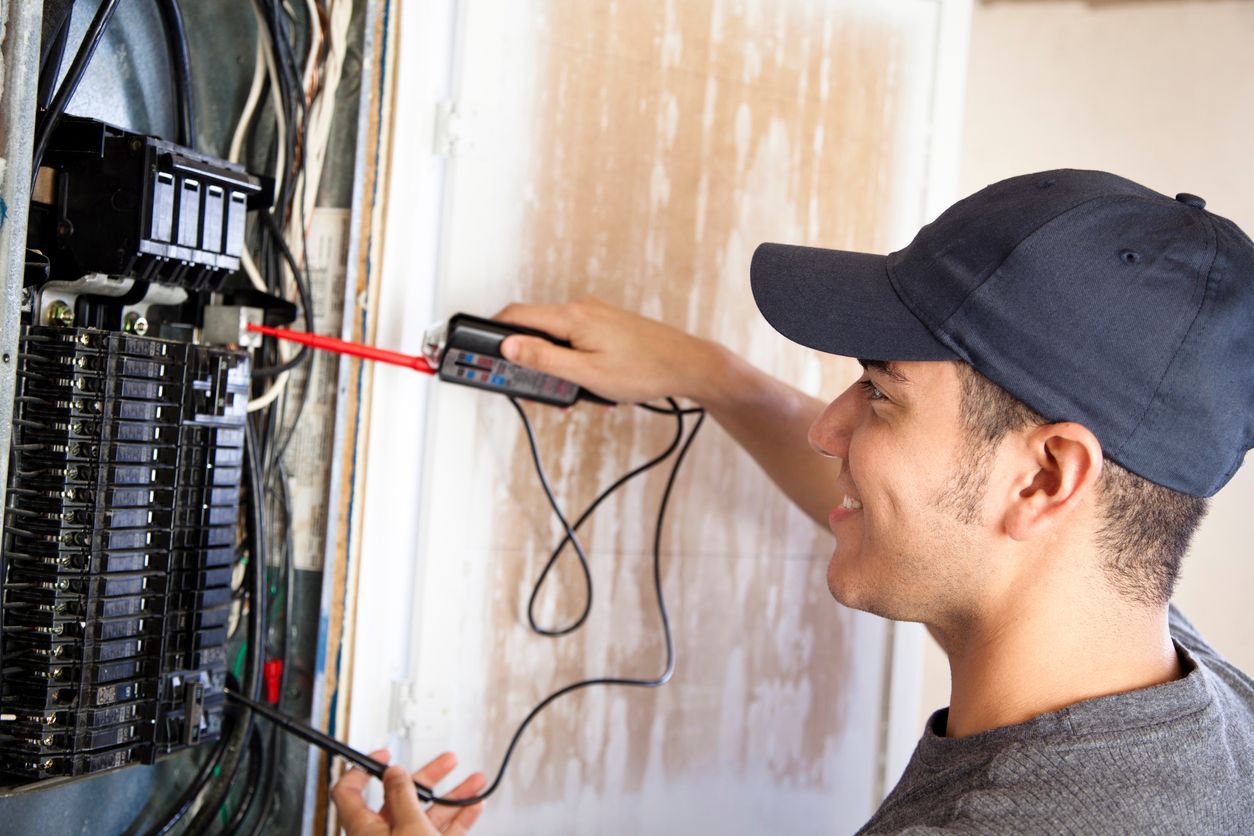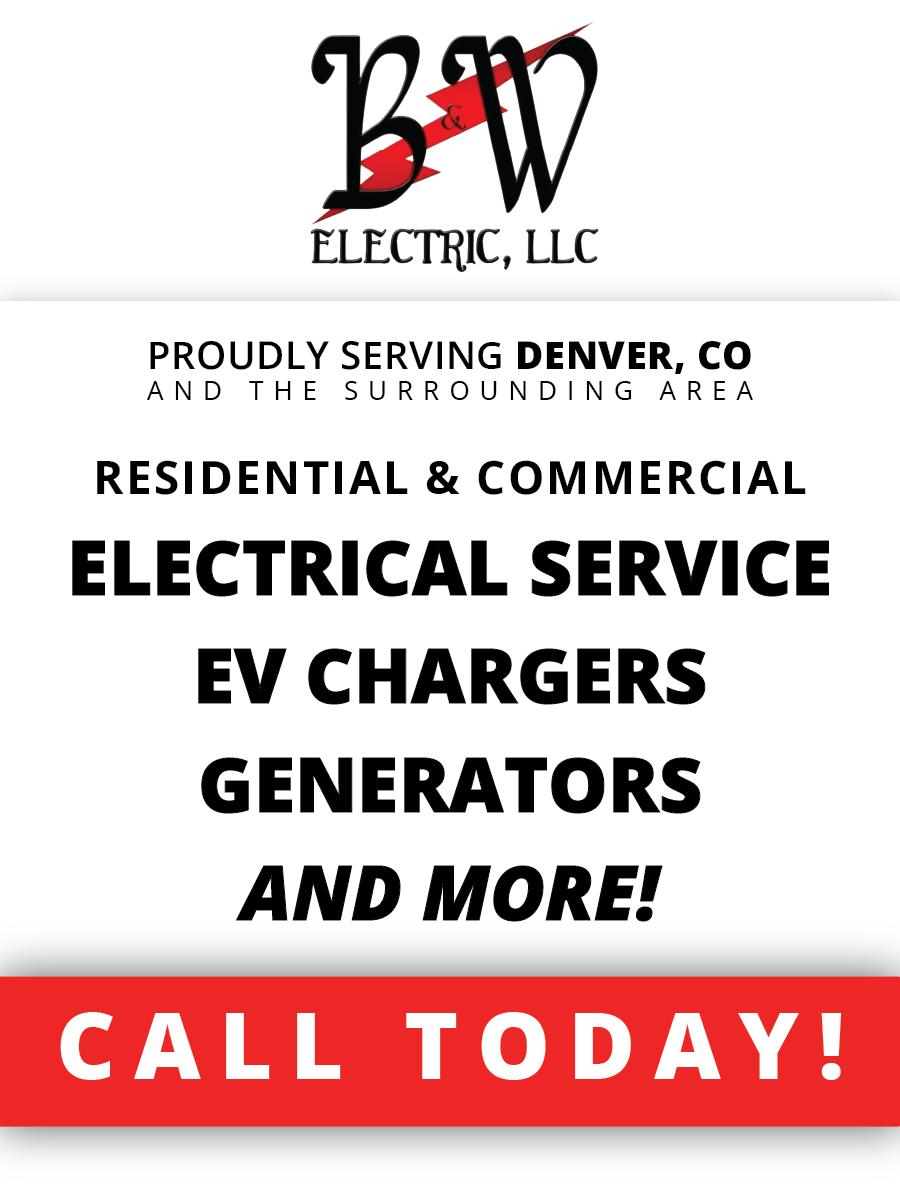As electric vehicles (EVs) gain popularity, one of the key considerations for EV owners is selecting the right EV charger. With numerous options available in the market, it can be overwhelming to determine the most suitable charger for your specific needs. In this blog post, we will provide you with a comprehensive guide that offers tangible and useful tips to help you choose the right EV charger for your electric vehicle.
Understanding Charging Speeds and Levels:
To start, it is essential to understand the different charging speeds and levels.
- Level 1 chargers are the most basic and plug into a standard household outlet, providing a slow charging rate.
- Level 2 chargers, on the other hand, require professional installation and offer a faster charging rate.
- DC fast chargers, also known as Level 3 chargers, provide the quickest charging times but are more expensive and less common.
Evaluating Your Charging Needs:
Consider your daily driving habits and charging requirements when selecting an EV charger. If you primarily use your EV for short commutes or have access to charging stations throughout the day, a Level 1 charger might suffice. However, if you frequently embark on longer trips or require a faster charging time, investing in a Level 2 charger would be more beneficial.
Assessing Installation Requirements:
Before purchasing an EV charger, it is crucial to evaluate the installation requirements. Level 1 chargers typically do not require any additional electrical work, as they can be plugged into a standard outlet. However, Level 2 chargers necessitate professional installation, including electrical upgrades if your existing electrical panel cannot handle the increased load. Consulting with a licensed electrician, such as B & W Electric, can help you determine the feasibility and cost of installation.
Considering Portability and Future-Proofing:
If you anticipate moving or require flexibility, portable EV chargers might be a suitable option. These chargers can be easily transported and used in various locations. Additionally, it is important to consider future-proofing your charging infrastructure. Opting for a charger with smart features, such as Wi-Fi connectivity or compatibility with future EV models, can ensure that your investment remains relevant and efficient for years to come.
Exploring Incentives and Rebates:
Lastly, research available incentives and rebates for EV charger installations. Many government agencies and utility companies offer financial incentives to encourage the adoption of electric vehicles. By taking advantage of these programs, you can reduce the overall cost of purchasing and installing an EV charger.
Choosing the right EV charger for your electric vehicle is a crucial decision that can greatly impact your charging experience. By understanding the different charging speeds, evaluating your needs, assessing installation requirements, considering portability and future-proofing, and exploring available incentives, you can make an informed decision.
At B & W Electric, we specialize in providing top-notch electrical services, including the installation of EV chargers. Contact us today to discuss your EV charging needs and take a step towards a greener future.
